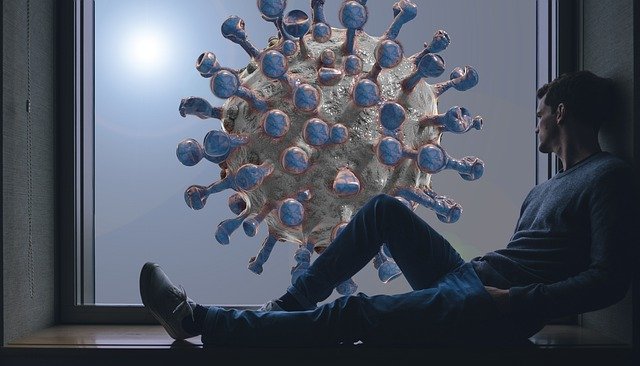According to the study, quite 200 medicines are sold within us which will cause depression. Taking a mixture of any of those medicines increases the susceptibility to depression. The list includes commonly used medicines like beta-blockers (for blood pressure), proton pump inhibitors (for acid reflux), benzodiazepines (for anxiety), anticonvulsants (for epileptic seizures), ACE inhibitors (for managing hypertension), and nonsteroidal anti-inflammatory drug drugs like ibuprofen (for minor pains, fever, etc.).
Study author Mark Olfson, professor of psychiatry at Columbia University, said the more these medicines are consumed, the upper the propensity to depression. The study, published within the Journal of the American Medical Association (JAMA), involved 26,192 adult subjects who took part in the National Health and Nutrition Examination Survey over five two-year cycles - 2005-2006 to 2013-2014.
The participants provided a list of all the medicines that they were taking at that point. Additionally, they also completed a depression questionnaire - Patient Health Questionnaire (PHQ-9) - which was supported questions associated with mood, sleep, and appetite. it had been found that almost one in three persons was taking medications that had depression and suicidal ideation as serious side effects.
The study authors found that these people were more vulnerable to depression than those that weren't taking any medicines. it had been also found that those taking three or more medicines were 3 times more susceptible to depression. Nearly 15 percent of the participants taking three or more medicines were found to be depressed. as compared, only 5 percent of these who weren't taking any medication were depressed, and only 7 percent of these taking just one medication was depressed.
Olfson said the study didn't direct which medicines caused depression. Instead, it showed if someone was already taking medicines, he/she was more likely to be depressed. He added that in determining the precise explanation for depression, the researchers got to follow abreast of the themes from the start once they start taking medicine. The study findings suggest that patients should be more interested in the medicines they're prescribed. they need to ask their health care provider about the potential side effects of those medicines. If one starts a replacement medicine, it should be helpful to trace changes within the self.
People who develop depressive symptoms without a history of depression should be more concerned as that would be a side effect of the medicines they're taking or might be an interaction. an individual should even be ready to speak to the doctor about stopping the drugs or reducing its dose, for instance, an individual taking drugs for hypertension could be prescribed a reduced dose if he or she starts taking care of the diet, start exercising and limiting the salt intake.
Depression is treatable
Depression may be a serious disability worldwide, particularly within the U.S. It can affect an individual's physical and psychological state, relationships, work or school performance, and finances. Taking care of the self, living within the here and now, practicing yoga, meditation, and mindfulness, eating well, and performing some physical activity are a number of ways of managing depression. additionally, one should also seek treatment for long-term symptom resolution.




0 Comments